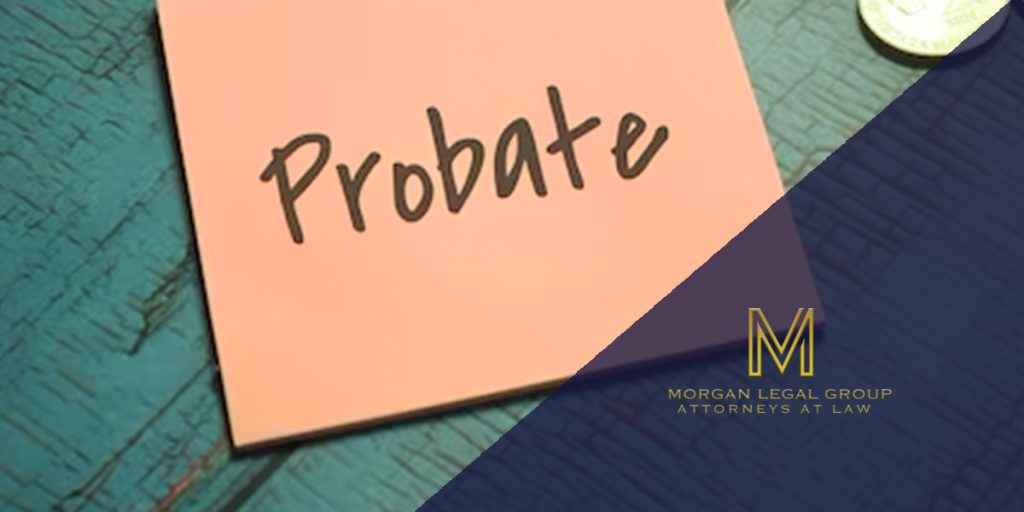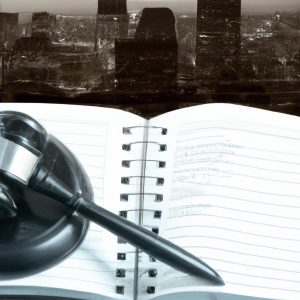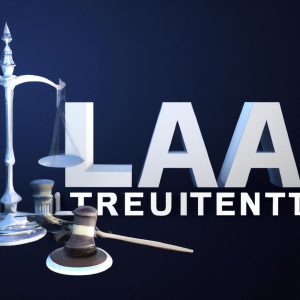All About Probate in NYC
Probate is a legal process that involves validating and administering a person’s will after their passing. In New York City, NY, the probate process can be complex, but it’s essential to ensure the orderly distribution of a decedent’s assets and property. At Morgan Legal Group, located in the heart of New York City, we specialize in probate and estate planning matters. In this comprehensive guide, we’ll delve into all aspects of probate in NYC, NY, to help you understand the process, its requirements, and how to navigate it effectively.
Understanding Probate
Probate is a legal process that serves several critical purposes:
- Asset Distribution: It ensures that a deceased person’s assets, including real estate, finances, and personal property, are distributed according to their will or New York’s laws if there is no will (intestacy).
- Debt Settlement: Probate provides a mechanism for settling the decedent’s outstanding debts and obligations, ensuring that creditors are paid from the estate’s assets.
- Legal Validation: The court validates the will’s authenticity and ensures that it meets legal requirements. This helps prevent fraud and disputes.
The Probate Process in NYC
The probate process can be broken down into several key steps:
1. Filing the Petition
The process begins with the filing of a probate petition with the Surrogate’s Court in the county where the decedent resided at the time of their passing. The court will review the petition and schedule a hearing.
2. Notification
Notice of the probate proceeding must be given to all interested parties, including beneficiaries named in the will and potential heirs if there is no will. This ensures that everyone has an opportunity to contest the will if they believe it to be invalid.
3. Will Validation
The court will examine the will to determine its validity. This includes ensuring that it meets legal requirements, such as being properly signed and witnessed. If the will is valid, the court will admit it to probate.
4. Appointing an Executor
If the decedent named an executor in their will, that person is responsible for managing the estate throughout the probate process. If there is no named executor or they are unwilling or unable to serve, the court will appoint an administrator.
5. Inventory and Appraisal
The executor or administrator must compile an inventory of the decedent’s assets and appraise them to determine their fair market value. This information is crucial for asset distribution and tax purposes.
6. Debt Settlement
All outstanding debts and claims against the estate must be settled from the estate’s assets. Creditors are given a specific period to file claims, and the executor or administrator is responsible for approving or disputing these claims.
7. Asset Distribution
Once debts and claims are settled, the remaining assets are distributed to the beneficiaries according to the terms of the will or New York’s laws of intestacy if there is no will.
8. Final Accounting
The executor or administrator must provide a final accounting of the estate’s assets, debts, and distributions to the court for approval. Once approved, the court will issue an order officially closing the estate.
Key Documents in Probate
Several important documents are associated with the probate process:
- Will: The decedent’s last will and testament is a central document in probate, outlining their wishes for asset distribution.
- Letters Testamentary: These are court-issued documents that grant the executor the authority to manage the estate.
- Letters of Administration: Similar to letters testamentary, these are issued when no executor is in the will.
- Inventory and Appraisal: This document lists the estate’s assets and their appraised values.
- Final Accounting: A comprehensive report of all estate transactions, including income, expenses, and distributions.
- Order Closing Estate: A court order that formally closes the estate once all requirements are met.
Navigating Probate Effectively
Probate can be a time-consuming and complex process, but with the right guidance, it can proceed smoothly. Here are some tips for navigating probate effectively:
- Consult an Attorney: It’s highly advisable to consult with an experienced probate attorney who can guide you through the process and ensure all legal requirements are met.
- Organize Documents: Keep all relevant documents, including the will and financial records, organized and easily accessible.
- Communicate with Beneficiaries: Maintain open communication with beneficiaries to keep them informed of the process.
- Meet Deadlines: Probate involves various deadlines for filings and notifications. Meeting these deadlines is crucial to avoid delays.
- Address Disputes Promptly: If disputes arise, address them promptly to prevent prolonged litigation.
Conclusion
Probate in New York City, NY, can be a complex but necessary process for ensuring the orderly distribution of assets and settling the decedent’s affairs. While it may seem daunting, the probate process can be managed effectively with the right legal guidance and careful organization, allowing beneficiaries to receive their inheritances as intended.
For expert assistance with probate matters in New York City, contact Morgan Legal Group. Our experienced probate attorneys are here to provide you with the guidance and support you need during this challenging time.






